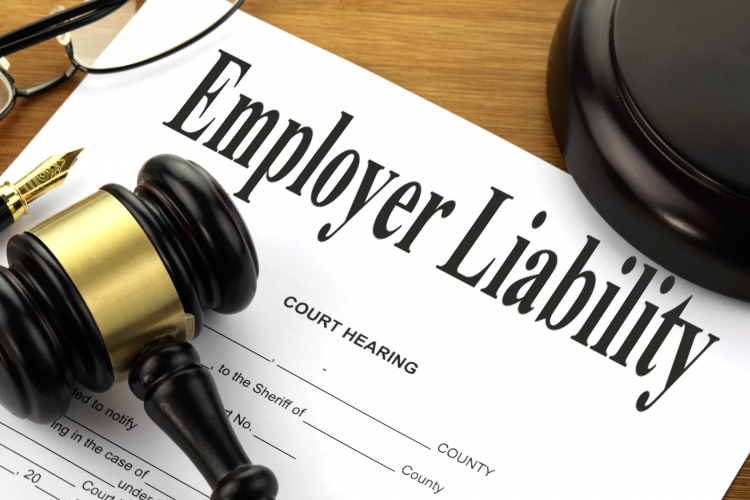Employment liability claims: wait and see

As companies prepare for a safe return to the office for staff, employers’ liability lawyers are also watching carefully for signs of claims to come arising from the pandemic period.
Employers’ liability policies might need dusting off, depending on legal activity within the coming months, as insurance lawyers scan the horizon for signs of Coronavirus-related claims to come.
So far, all seems quiet, according to Chris Murray, a partner at insurance litigation specialist Clyde & Co.
“We haven’t seen much come through yet. I’ve seen a few cases arise, mainly in the retail environment, and relating to issues such as social distancing, cleansing facilities and personal protective equipment (PPE),” Murray says.
“In such cases, the clients did everything they could do. These are sophisticated organisations that were issuing appropriate information and equipment,” he says.
However, it is common sense to assume there will be future claims, he suggests, particularly for retailers, putting onus squarely on the insurance protection they have in place.
“Clients ask what do we need to do to protect ourselves and what are the claimant fraternity going to pursue,” he says.
“For example, if someone works in a retail environment and they’re exposed to customers who come into the store. If they catch Covid, with negative consequences for their health, they may attribute that to the workplace, and ask whether they were negligent by not providing appropriate PPE to protect employees,” Murray says.
He routinely defends such liability claims, for corporate clients and their insurers, relating to large losses, serious injuries and psychological conditions.
Long Covid could be one employers’ liability claims trend on the horizon, he suggests, leading to loss of earnings and long-term care requirements for sufferers, with symptoms such as extreme fatigue, and breathlessness stopping them from doing the same jobs as previously.
“It’s a question of proving negligence,” he says. “There has to be a causal relationship between the loss or injury and the breach. Covid has been so prevalent in society that the question arises how you can show that you contracted the virus in the work environment.”
How does the law deal with that? One precedent will be familiar to any insurance lawyer: Asbestos.
“It’s impossible to identify the origin of a particular Asbestos fibre. A key question, based on the statutes of common law, is whether you have materially increased the risk. If that’s transposed to Covid, it will make Covid claims a more straight-forward exercise,” he says.
Any argument to draw such a parallel would be hotly contested, he notes, potentially either leading to a decision in the Supreme Court or to the adoption of new government legislation.
Another source of claims will come from a non-Covid-related aspect of the pandemic: remote working.
Employees logging in from their homes will likely have been perched on kitchen tables, sitting on inappropriate chairs, trapped in a room without taking a break, or even working from a bed – leading to a rise in muscular, skeletal and psychological claims.
But will such cases lead to successful claims?
“If employers sent out guidance, funded equipment sent out to their employees, they are likely to have satisfied their duty of care, and claims will be defendable. Some of these claims are likely to be weak, but we are still likely to see them,” Murray says.
On the other hand, now workers are returning to an office environment – at least some of them, some of the time – differences of opinion are likely to occur about whether it is safe or desirable to go back to the office.
Murray points to the recent case of technology giant Apple, which has faced opposition in an internal letter from staff opposing its ‘return to office’ plans.
Many employers will echo government advice in such cases, he suggests, showing that their policies have changed with the messaging from the government, scientists and public health organisations.
“There are plenty of arguments for why it’s good to return to the office, for mental and physical health reasons, mixing socially with colleagues, and with less of a blurred line between work and home,” he adds.
